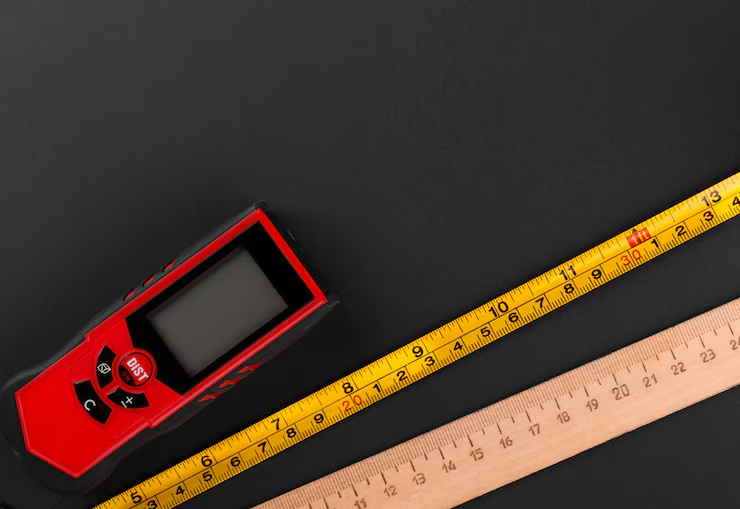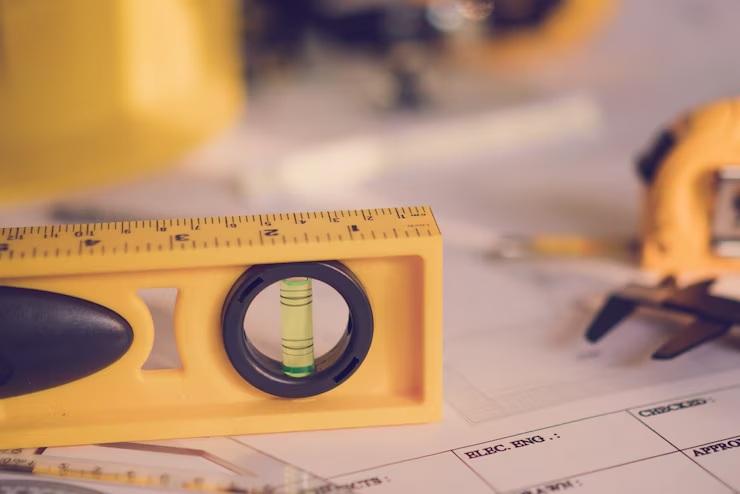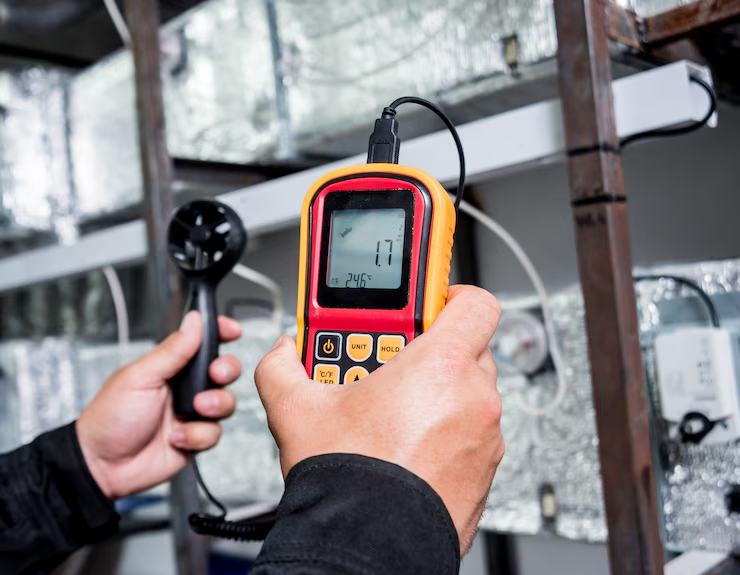
Table of Contents
Introduction to Measuring Instruments
Importance of Measuring Instruments in Industries
Top 10 Measuring Instruments and Their Uses
Analog vs Digital Measuring Instruments
Applications Across Industries
Tips for Calibration and Maintenance
Conclusion
1. Introduction to Measuring Instruments
Measuring instruments are essential devices used to measure physical quantities such as length, pressure, temperature, weight, electric current, and force.These instruments play a vital role in both industrial and scientific applications, ensuring accuracy, precision, safety, and quality control in a variety of processes.
In modern industries – from manufacturing and construction to healthcare, automotive and electronics – accurate measurements are critical to maintaining product standards, complying with regulations and reducing operational errors.Whether on the factory floor, in a research laboratory or during fieldwork, the use of reliable and calibrated measurement devices enables organizations to increase efficiency, optimize production and deliver consistent quality.
As industries continue to evolve with digital transformation, advanced digital measurement tools are becoming increasingly popular due to their accuracy, ease of use, and data integration capabilities.
2. Importance of Measuring Instruments in Industries
Industries depend on measuring instruments to:
Maintain product quality
Ensure safety standards
Reduce operational errors
Improving consistency in manufacturing
From micrometers in mechanical engineering to thermometers in pharmaceuticals, the right equipment ensures accuracy and efficiency.
Top Measuring Instruments and Their Uses
| Instrument | Primary Use | Type |
|---|---|---|
| Vernier Caliper | Measures internal/external dimensions | Analog/Digital |
| Micrometer | Measures small lengths or thickness | Mechanical/Digital |
| Pressure Gauge | Measures pressure in fluids | Analog/Digital |
| Thermometer | Monitors temperature | Mercury/Digital |
| Multimeter | Measures voltage, current, resistance | Digital |
| Flow Meter | Measures liquid/gas flow rate | Turbine, Ultrasonic |
| Ruler/Tape | Measures basic lengths | Manual |
| Level Meter | Checks level/slope | Laser/Digital |
| Weighing Scale | Measures weight | Electronic/Digital |
| Dial Indicator | Measures small distances/displacements | Analog |

4. Analog vs Digital Measuring Instruments
- Analog instruments (such as traditional micrometers and pressure gauges) are durable and require no power.
- Digital instruments offer better readability, data logging, and minimal user error.
- Pro Tip: Choose digital instruments when high precision and traceable records are required.
5. Applications Across Industries
Different sectors use measuring instruments in different ways:
Manufacturing: Micrometers and dial gauges for machine part accuracy.
Construction: Laser level meters for structural alignment.
Pharmaceuticals: Thermometers and weighing scales for manufacturing.
Automotive: Torque wrenches and multimeters for diagnostics
Food industry: Temperature and pressure gauges in production lines
- For special tools, check out Acro Enterprise’s product range.
6. Tips for Calibration and Maintenance


To ensure long-lasting performance:
- Calibrate instruments regularly according to ISO standards
- Store instruments in a dry, stable environment
- Avoid mechanical shock and contact with water
- Train employees on correct usage procedures
Proper maintenance ensures accuracy and prolongs tool life, especially for precision measuring instruments.
7. Conclusion
Measurement instruments are the backbone of quality control in industries. Choosing the right instrument for the right job not only increases productivity but also reduces costly errors. As industries evolve, adopting advanced digital measurement instruments ensures you are future-ready.
Are you looking for high precision industrial instruments? Visit Acro Enterprise – your reliable partner for quality measuring instruments.
Need Expert Support to Take Your Business Further?
At Acro Enterprise, we specialize in helping businesses streamline operations and achieve sustainable growth through tailored solutions. Whether you’re just starting out or scaling up, our experts are here to guide you every step of the way.

